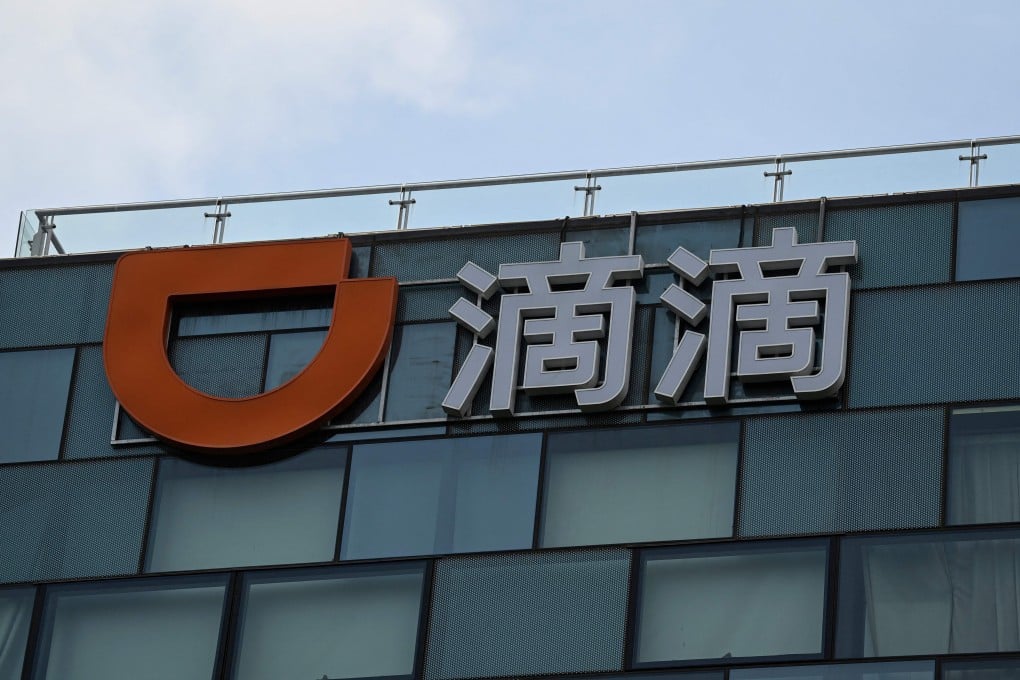Beijing has started on-site cybersecurity inspection of Didi Chuxing after the company ‘forced its way’ to a New York listing
- The on-site inspection comes two weeks after the country’s internet regulator launched a cybersecurity review into the company
- A cybersecurity review generally takes up to 45 working days to complete, but that period can be extended

A task force of seven Chinese ministries, including the Cyberspace Administration of China (CAC), the public security ministry and the national security ministry, entered Didi Chuxing’s offices on Friday to conduct the country’s first-ever cybersecurity review.
The CAC said in a statement that it has teamed up with the Ministry of Public Security and the Ministry of National Security to start an on-site cybersecurity inspection of Didi, two weeks after the country’s internet regulator announced a cybersecurity review into the ride-hailing giant and stopped it from registering new users in response to Didi’s decision to make an initial public offering in New York without full consent from Beijing.
The other departments involved in the on-site inspection include the State Administration for Market Regulation (SAMR), the Ministry of Natural Resources, the Ministry of Transport, and the State Administration of Taxation. Among them, the natural resources ministry, the transport ministry and taxation bureau are not among the 12 government agencies directly backing the cybersecurity review office.
It is not known how long the on-site investigation will take. Didi did not immediately respond to a request for comment on Friday.
Chinese regulators suspect Didi of deceit in US listing, sources say
Wang Sixin, a professor from the Communication University of China, said as this is the first time that the cybersecurity review office, which was created last year within CAC, has conducted a review, many questions remain unanswered.